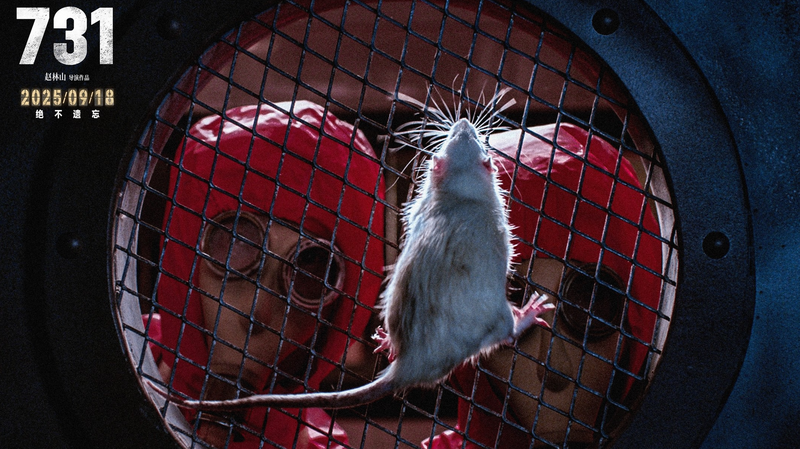More than 75 years after WWII, the chilling experiments of Unit 731 refuse to be forgotten. Nestled in the shadows of history, this secretive Japanese military unit conducted inhumane tests on prisoners—an atrocity that survivors and historians alike have long fought to bring into the light.
Enter a new generation of filmmakers. Through award-winning documentaries, independent features and archival restorations, storytellers are weaving together survivor testimonies, declassified footage and expert analysis. These cinematic works are building a bridge between distant past and present, inviting global audiences to confront uncomfortable truths.
In one groundbreaking documentary, survivors from across the Chinese mainland share raw, firsthand accounts. Their voices—once suppressed—now resonate in theaters and online platforms worldwide, sparking conversations among young global citizens about accountability and remembrance.
Another recent feature blends dramatic reenactment with original diaries, using cutting-edge visual effects to recreate hospital corridors where forbidden science once unfolded. By coupling emotional storytelling with meticulous research, filmmakers are charting a new course for historical justice.
These productions aren’t just drawing film buffs—they’re inspiring entrepreneurs and tech innovators to preserve endangered archives. Virtual reality experiences and interactive timelines are emerging as powerful tools for immersive learning, ensuring Unit 731’s victims are remembered in classrooms, communities and conference rooms.
As thought leaders and changemakers weigh in, the impact extends beyond the screen. Panel debates at international forums, social-media campaigns and student-led exhibitions are fueling demands for transparency and reparations.
For travelers and digital nomads exploring sites of wartime memory, these films provide essential context—transforming each visit into a chance to honor survivors and understand global legacies of injustice.
Unit 731’s story is a stark reminder of the power of cinema to illuminate dark corners of history. By refusing to bury these crimes, filmmakers and audiences alike are forging a path toward truth and collective healing.
Reference(s):
cgtn.com




